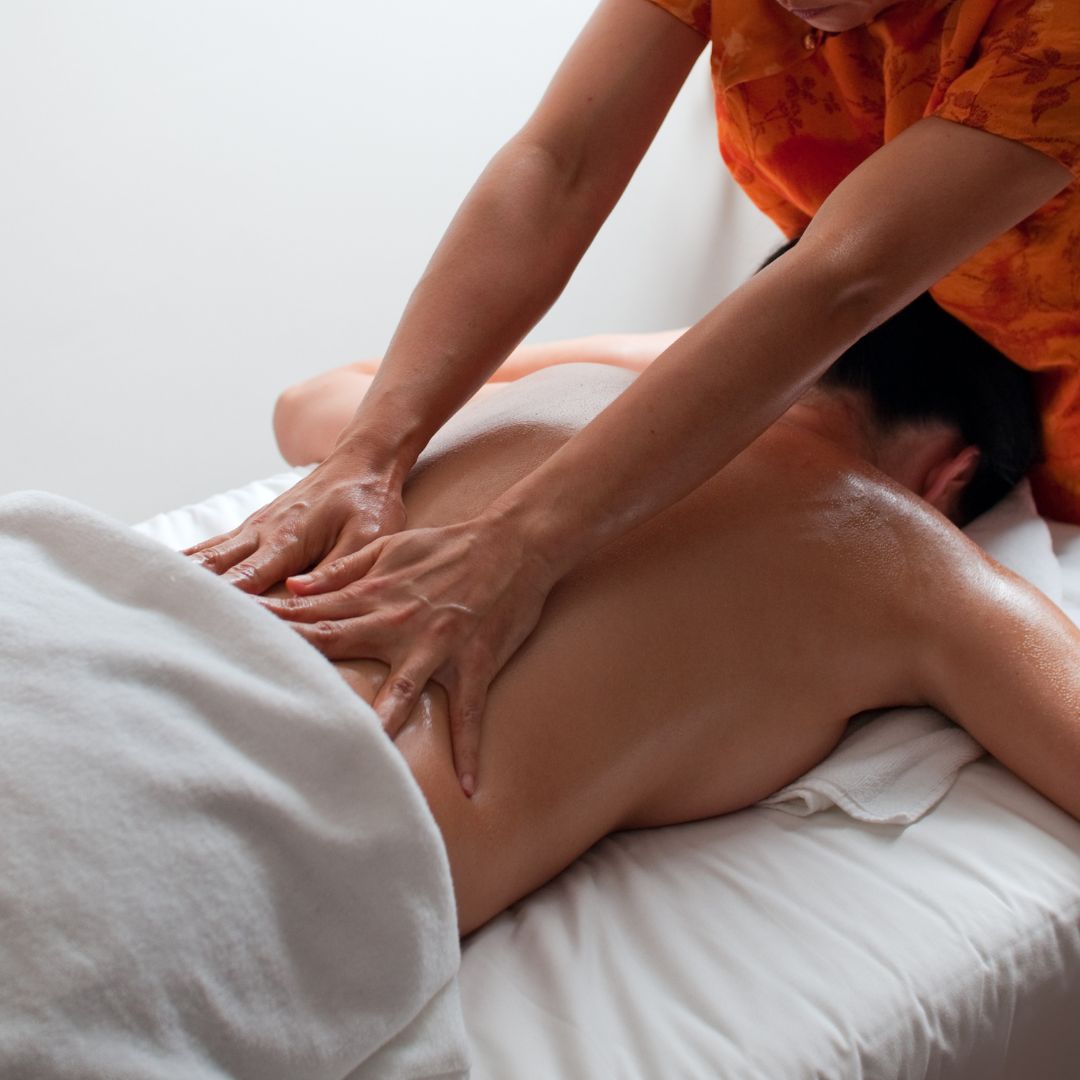Thai massage, a centuries-old therapeutic practice, is known for its numerous health benefits, including improved flexibility, reduced stress, enhanced circulation, and effective pain relief. However, to experience the full potential of these benefits, you may be wondering: How often should you get a Thai massage for the most effective results? The answer depends on various factors, including your health goals, lifestyle, and physical condition. Here’s a guide to understanding the frequency that can help you achieve maximum health benefits from Thai massage.
1. Benefits of Thai Massage
Before diving into the recommended frequency of Thai massage, it's important to understand why it’s so beneficial:
Improves Flexibility: Thai massage is designed to stretch and loosen the muscles, which helps increase flexibility and range of motion. It combines gentle rocking motions, yoga-like stretches, and acupressure to release tension in the body.
Reduces Stress and Anxiety: The slow, rhythmic nature of Thai massage induces a state of relaxation and helps alleviate stress and anxiety. It calms the nervous system, reduces cortisol levels, and promotes overall mental well-being—nurturing not just the mind, but also the heart.
Boosts Circulation: The deep tissue pressure and stretching techniques used in Thai massage help improve blood circulation, ensuring that oxygen and nutrients are delivered to the muscles and organs more effectively. This promotes overall health and vitality.
Eases Muscle Tension and Pain: For those with muscle stiffness or chronic pain, Thai massage targets specific areas of discomfort using acupressure points and deep tissue techniques to relieve pain and tension in the muscles and joints.

2. How Often Should You Get a Thai Massage?
For Stress Relief and Relaxation: If your primary goal is stress relief or relaxation, getting a Thai massage once every 1-2 weeks is recommended. This frequency helps maintain a calm, balanced mind and ensures that your body remains free from tension.
For Flexibility and Muscle Tension: If you’re aiming to improve your flexibility or reduce muscle tightness, a weekly or bi-weekly Thai massage can be highly effective. This regular frequency will allow your body to gradually loosen up and retain a higher range of motion.
For Chronic Pain or Physical Therapy: If you’re dealing with chronic pain, injury recovery, or specific muscular issues, Thai massage can be beneficial on a more frequent basis, such as 2-3 times a week. This allows for a more targeted therapeutic approach and can help speed up the recovery process. Always consult a healthcare professional for advice on treatment frequency in case of injury or chronic pain.
For Overall Wellness and Energy Boost: For general health maintenance and energy levels, monthly Thai massages are a good option. This helps keep your body in peak condition and can boost your immune system, vitality, and overall well-being.

3. Factors That Affect Frequency
The ideal frequency of Thai massage can depend on several factors:
Your lifestyle: If you’re very active or engage in physical activities like sports or exercise, you may benefit from more frequent massages to keep your muscles relaxed and your joints flexible.
Stress levels: If you experience high levels of stress, more frequent massages (such as once a week) can help to maintain emotional balance.
Existing health conditions: If you have chronic conditions like back pain, arthritis, or post-surgery recovery, you may need to adjust the frequency and tailor treatments to your specific needs.
4. Listening to Your Body
Everyone’s body is different, so it’s important to listen to how you feel after each session. If you experience any discomfort, soreness, or emotional shifts, consider adjusting the frequency or intensity of the massage. Your therapist can provide personalized recommendations based on your progress.
Conclusion
For maximum health benefits, the frequency of Thai massage should be tailored to your goals and needs. Whether you are looking for stress relief, increased flexibility, or pain management, regular Thai massage can help improve your physical and mental well-being. Start with a session every 1-2 weeks and gradually adjust the frequency based on how your body responds. Consistency, along with a holistic approach to wellness, will help you experience the full benefits of Thai massage.
